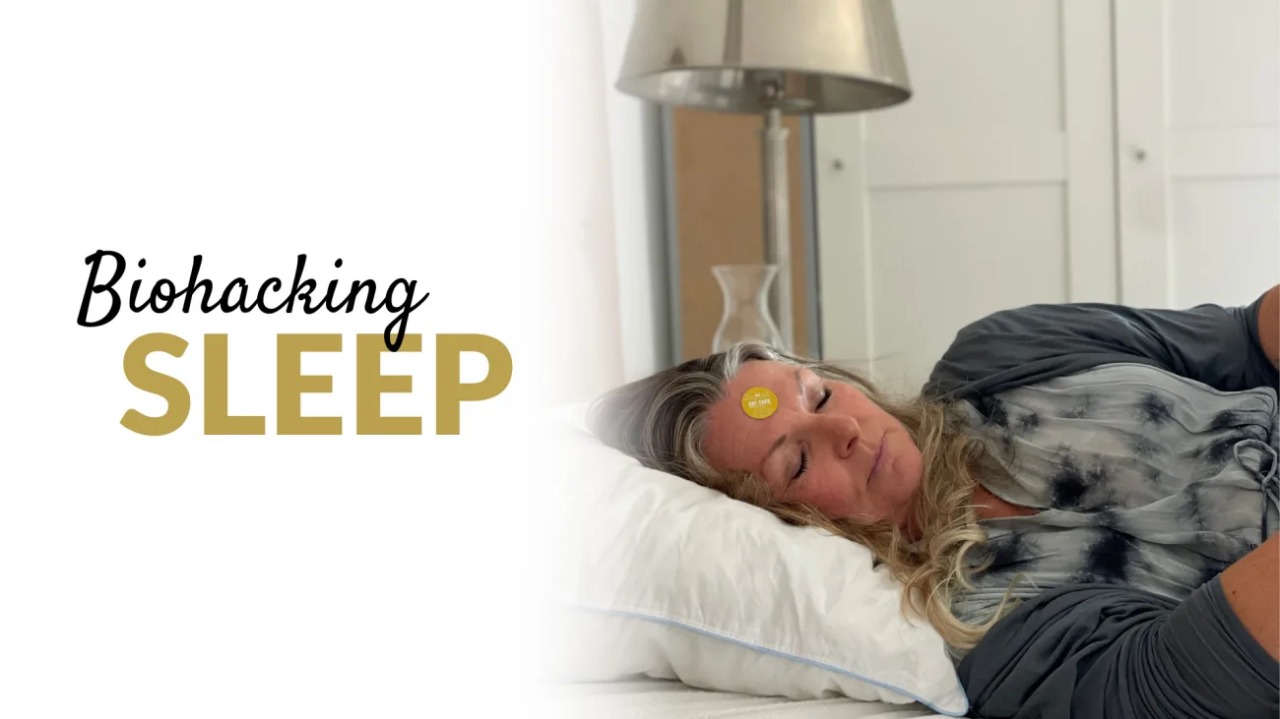 Image Source: ANF Care
Image Source: ANF Care
As sleep emerges as the latest frontier in the wellness revolution, biohacking is transforming how we rest, recover, and recharge. In 2025, a new wave of science-backed strategies, smart technology, and personalized data is empowering individuals to take control of their sleep like never before.
Key Highlights:
AI-Powered Sleep Solutions: Artificial intelligence is now at the core of sleep optimization. From AI-driven sleep trackers and smart mattresses that regulate body temperature to personalized sleep coaching apps, technology is delivering real-time insights and tailored recommendations for better rest.
Wearable Sleep Tech: Devices like Oura Ring and advanced sleep trackers monitor heart rate variability, sleep stages, and even blood oxygen, helping users fine-tune their routines for deeper, more restorative sleep.
Combatting Sleep Anxiety: With digital overload and economic stress fueling a rise in sleep anxiety, wellness experts are advocating mindful sleep practices, digital detoxes, and cognitive behavioral therapy for insomnia (CBT-I) to break the cycle of restless nights.
Innovative Sleep Environments: Smart light and sound devices, circadian lighting, and soundscapes are being used to align the body’s natural rhythms, while red light therapy and cooling mattresses further enhance sleep quality.
Holistic, Personalized Wellness: The integration of biohacking, AI, and digital wellness platforms is making individualized sleep solutions accessible. Businesses and hotels are adopting these trends, offering guests and employees AI-powered sleep environments and stress-reducing amenities.
Market Boom: The global biohacking market is surging, with sleep optimization at its core, reflecting a broader shift toward preventive, data-driven health management.
Sleep is no longer passive—it's a personalized, tech-powered journey toward better health and longevity.
Sources: Global Wellness Institute, Forbes, Better Way Health
Advertisement
Advertisement

